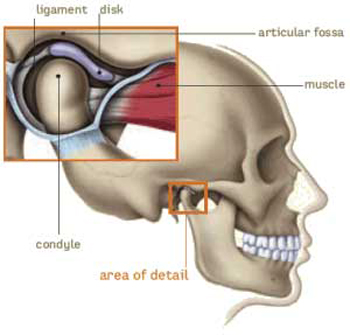I have pain in my upper left molars that is getting worse, but I do not have cavities or an infection. A month ago, my dentist examined my teeth and took x-rays. I am getting headaches and earaches with the pain, too. I take ibuprofen in the morning just before work to help me focus. I know taking too much ibuprofen is not good for me, so I take it once daily. Could my dentist be missing a cavity or another issue? I have a follow-up appointment next week, but what could my dentist do if I don’t have a cavity or an infection? Thank you. Nicole
Nicole,
Thank you for your question.
What Causes a Toothache If You Don’t Have a Cavity?
If you have an ongoing toothache but do not have a cavity or an infection, the cause may be from your sinuses, trauma TMJ, or something that your dentist did not detect. Below are tooth symptoms and possible causes.
- Lingering sensitivity to heat or cold – Damage or decay may have damaged the tooth pulp (living tissue and nerves inside).
- Upper jaw pain and toothache – Clogged sinuses, bruxism (teeth grinding), or temporomandibular joint (TMJ) disorder can cause upper jaw discomfort.
- Brief sensitivity to heat or cold – A new cavity can cause brief sensitivity.
- Sharp pain when chewing or biting – Tooth decay, a loose filling, or pulp damage can lead to sharp pain.
- Constant discomfort and swollen gums – An abscessed tooth can cause lingering discomfort.

Temporomandibular joint
Sometimes, a medical condition or certain medications can cause symptoms in your teeth or jaw.
If your dentist cannot identify the cause of your toothaches and jawbone, we recommend getting a second opinion from a dentist with advanced training in TMJ disorders. If your concerns are not caused by dental problems, the dentist may ask you to follow up with a medical doctor.
Barrington, Illinois, dentist Dr. James Gavrilos sponsors this post.
